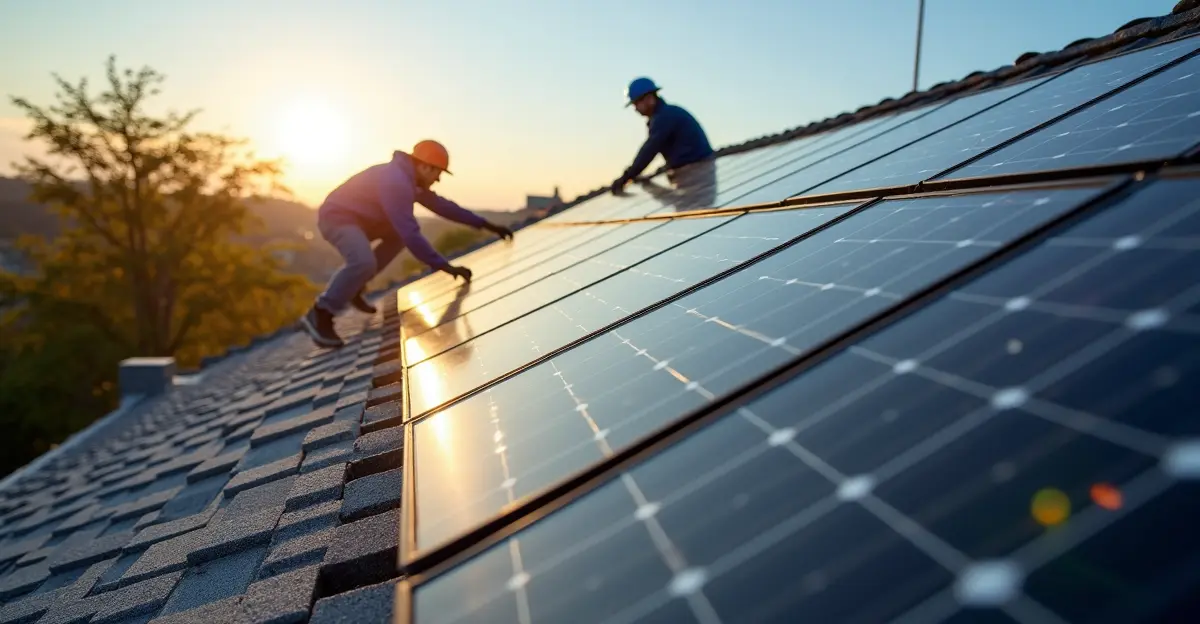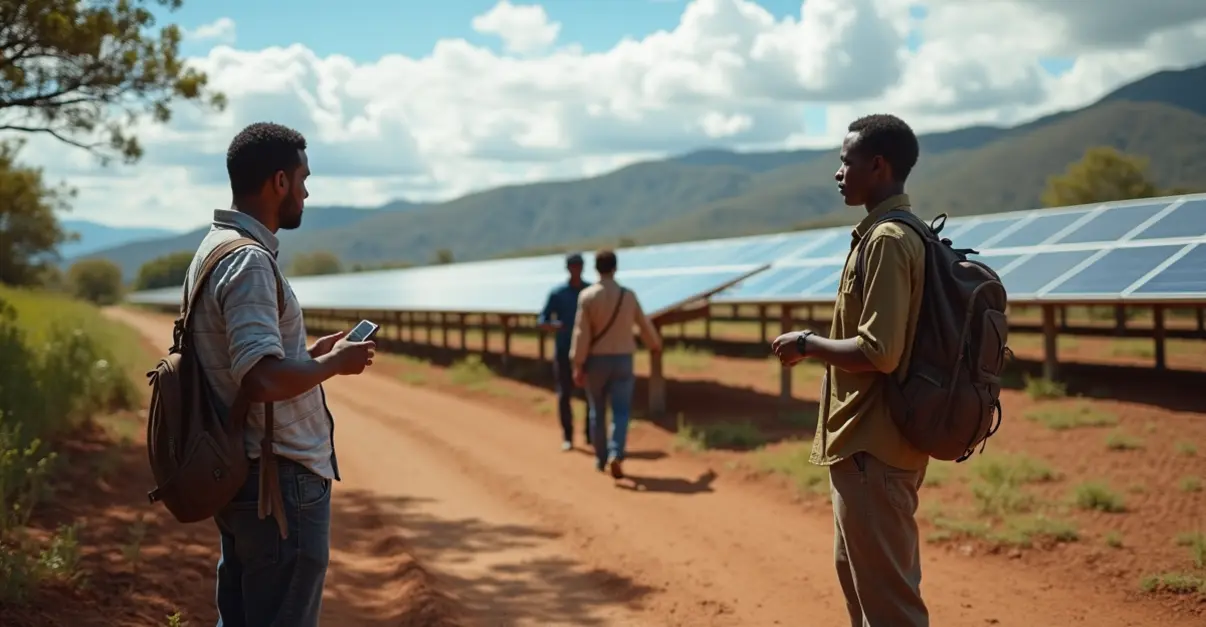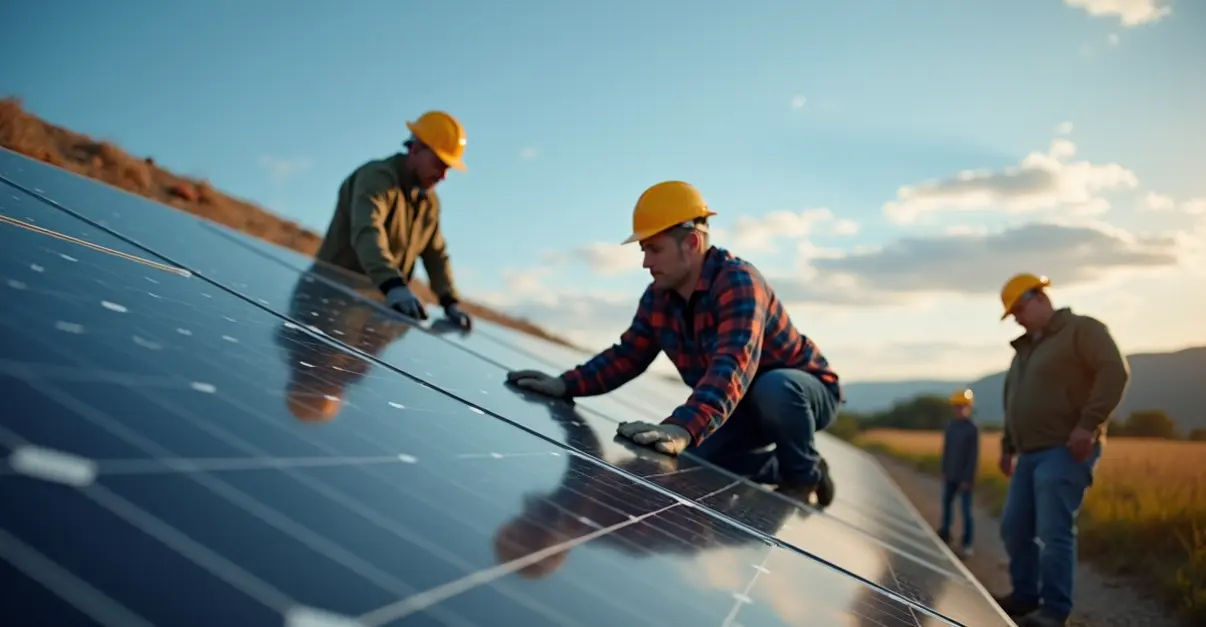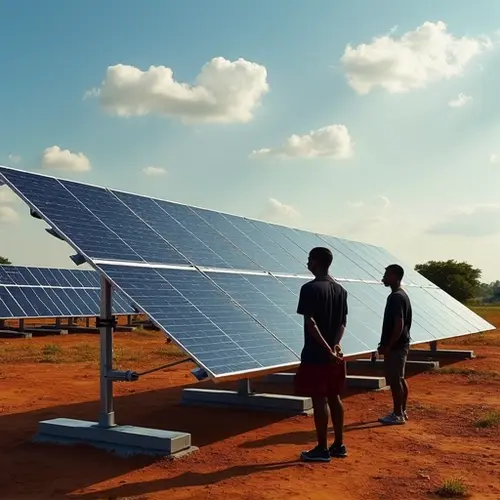City launches innovative solar subscription pilot allowing residents to access shared rooftop solar without individual installations, expanding renewable energy access to renters and low-income households while reducing electricity costs.

Revolutionizing Solar Access Through Shared Subscription Model
A groundbreaking pilot program is set to transform how residents access solar energy, allowing them to subscribe to shared rooftop solar systems without the need for individual panel installations. The innovative subscription model represents a significant step forward in making renewable energy accessible to all community members, particularly those who face barriers to traditional solar adoption.
How the Subscription Model Works
The program enables residents to subscribe to portions of larger solar installations located on municipal buildings, commercial properties, or dedicated solar farms. Participants receive credits on their electricity bills proportional to their subscription level, effectively reducing their energy costs while supporting clean energy generation. 'This model breaks down the traditional barriers to solar adoption,' explains energy consultant Maria Rodriguez. 'Renters, low-income households, and those with unsuitable roofs can now benefit from solar energy without the upfront costs or installation hassles.'
Benefits for the Community
The subscription approach offers multiple advantages over traditional solar installations. Participants avoid the significant upfront costs typically associated with rooftop solar, which can range from $15,000 to $25,000 for an average residential system. They also bypass the complexities of maintenance, insurance, and potential roof damage concerns. According to data from SolarTech Online, solar costs have reached historic lows in 2025, making this an optimal time for community-scale implementations.
Addressing Equity in Renewable Energy
This initiative specifically targets energy equity challenges. As noted in Department of Energy research, community solar programs can provide significant savings for low- to moderate-income households, with some families reporting annual electricity bill reductions of approximately $400. 'We're particularly excited about the potential to serve communities that have historically been left out of the clean energy transition,' says program director Sarah Chen. 'This isn't just about saving money—it's about creating a more inclusive energy system.'
Implementation and Future Expansion
The pilot program will initially serve approximately 500 households across multiple city districts, with plans for expansion based on participant feedback and performance metrics. The city has partnered with local solar developers and utility companies to ensure seamless integration with the existing electrical grid. Similar programs have shown success in other municipalities, including New Jersey's Community Solar Energy Program, which has expanded solar access to thousands of residents.
Environmental Impact and Sustainability Goals
The program aligns with the city's broader sustainability objectives, including carbon reduction targets and renewable energy mandates. By leveraging shared solar resources, the city can maximize the environmental benefits of solar energy while minimizing land use and infrastructure requirements. Early projections suggest the pilot could offset approximately 1,200 tons of carbon dioxide annually—equivalent to removing 260 cars from the road.
As the program launches, city officials emphasize that this represents just the beginning of a broader transformation in how communities access and benefit from renewable energy. With subscription models gaining traction nationwide, this pilot could serve as a blueprint for other cities seeking to democratize solar energy access.

 Nederlands
Nederlands
 English
English
 Deutsch
Deutsch
 Français
Français
 Español
Español
 Português
Português









